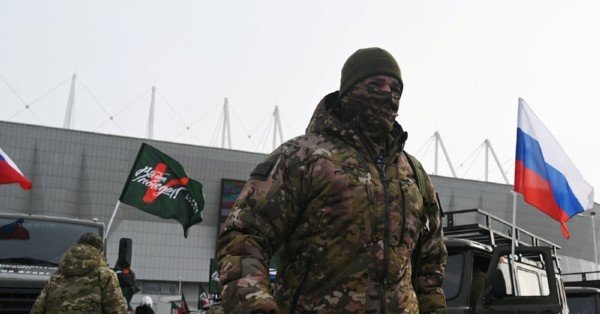Approximately 600 North Korean soldiers have reportedly been killed while fighting alongside Russian forces in the ongoing war against Ukraine, with over 4,000 others injured, according to South Korea’s National Intelligence Service (NIS), as reported by Yonhap News Agency.
The NIS shared this assessment during a closed-door briefing with the National Assembly’s intelligence committee on Wednesday.
Lawmakers Lee Seong-kweun of the People Power Party and Kim Byung-kee of the Democratic Party cited the NIS, stating that around 15,000 North Korean troops had been deployed to Russia. The total number of casualties is estimated at around 4,700, including 600 fatalities.
According to the NIS, North Korea dispatched its troops to Russia in two phases. However, fighting has reportedly declined since April after Russia regained control over most of the front-line areas in the Kursk region.
In return for its military support, North Korea is believed to have received various military and technological benefits from Russia. These include access to a satellite launch site, drones, electronic warfare systems, and SA-22 surface-to-air missile systems.
Furthermore, the two countries are said to be engaging in discussions to modernize North Korea’s industrial sectors across 14 areas, including aviation, energy, and tourism. As part of this initiative, about 15,000 North Korean laborers have also been sent to Russia, according to the NIS.
This intelligence assessment comes shortly after North Korea publicly confirmed, for the first time, that it had sent troops to support Russia in its war against Ukraine. The move was described as a “sacred mission” to strengthen ties with Moscow.
North Korea’s state-run news agency, KCNA, reported that its military claimed to have played a role in helping Russian forces “completely liberate” the Kursk border region, in accordance with a directive from leader Kim Jong Un.
Russian President Vladimir Putin has expressed gratitude to North Korea, crediting DPRK soldiers for aiding in the defeat of Ukrainian forces in the Kursk region. He praised their “heroism, excellent training, and dedication,” and extended special thanks to Kim Jong Un for his support.

